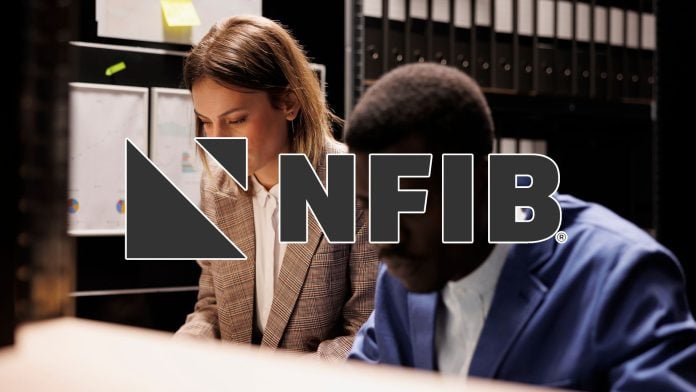A recent case in the U.S. sheds light on the lengths to which some will go to exploit pandemic relief efforts. Stephanie Hockridge, co-founder of the lender service provider Blueacorn, was convicted of conspiring to defraud the Paycheck Protection Program (PPP), securing tens of millions in fraudulent loans meant for small businesses desperately in need during the COVID-19 crisis.
The PPP, established under the CARES Act to support small businesses, aimed to keep operations running and employees paid. However, as this conviction demonstrates, its good intentions can be manipulated. This case emphasizes the importance of vigilance for small businesses and the organizations that support them.
Hockridge, also known as Stephanie Reis, conspired with others to submit false loan applications, fabricating essential documents to secure funds for which they weren’t eligible. The evidence showcased how she and her collaborators utilized misleading payroll records and bank statements to inflate their claims, enriching themselves at the expense of legitimate businesses.
"This defendant exploited a national emergency to personally profit from a taxpayer-funded program intended to support vulnerable individuals and small businesses," stated Matthew R. Galeotti, Head of the Justice Department’s Criminal Division.
The scheme involved Hockridge’s creation of a service dubbed “VIPPP,” designed to assist borrowers with their PPP applications. Instead of providing legitimate help, she and her co-conspirators coached clients on how to submit falsified applications, earning kickbacks for their services based on the funds secured. The result: Hockridge processed tens of millions of dollars in fraudulent loans, demonstrating a blatant abuse of trust during a time of crisis.
For small business owners, this case serves as a critical reminder of the ongoing threats they face, particularly in economic downturns. Vigilance is necessary not only in choosing financial service partners but also in understanding the legal landscape of potential financial assistance. Hockridge’s conviction reflects a broader commitment by law enforcement to root out fraud and abuse within government-funded programs.
“Ms. Hockridge defrauded the federal government of millions of dollars in pandemic relief funds for her own personal gain and has been brought to justice,” said Jon Ellwanger, Special Agent in Charge of the Office of Inspector General for Federal Reserve System and CFPB, emphasizing the importance of accountability.
Addressing the implications for small business owners, it’s essential to consider both the benefits of programs like the PPP and the potential risks associated with engaging service providers. Small businesses must ensure they are working with reputable entities that prioritize ethical practices and transparency in their operations. They should also stay informed about potential crime schemes that can emerge during pressing financial periods.
The broader impact of such fraud schemes can be disconcerting. If individuals continue to take advantage of emergency relief programs, the integrity of these resources may be compromised, leaving legitimate businesses struggling to obtain the help they genuinely need.
Hockridge’s conviction comes as part of ongoing efforts to combat fraudulent activities related to COVID-19 relief funds. The Justice Department, alongside the FBI and the SBA Office of Inspector General, is actively pursuing individuals who exploit these programs. Since the CARES Act was enacted, over 200 defendants have faced prosecution, with substantial fines and criminal penalties for those found guilty of exploitation.
As small business owners navigate these challenging waters, understanding the landscape is critical. Being informed about fraud may not only help them protect themselves but also contribute to the overall safeguarding of resources intended to support businesses through unforeseen hardships.
With Hockridge facing potential sentencing of up to 20 years, the case serves as a stark reminder that accountability remains a key tenet of maintaining integrity in taxpayer-funded programs. Business owners and service providers alike should maintain a commitment to ethical practices, ensuring the programs designed to help truly serve their intended purpose.
For further details, you can view the original press release here.
Image Via Envato: DC_Studio



